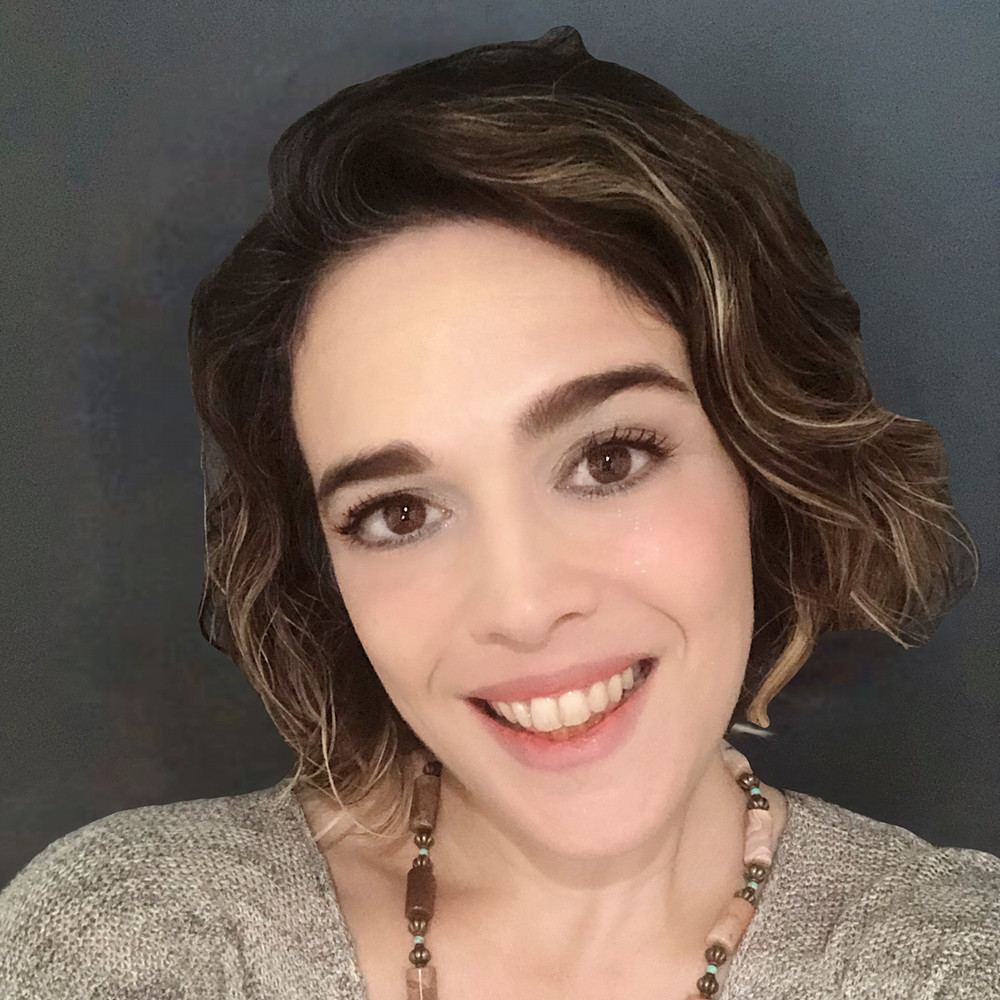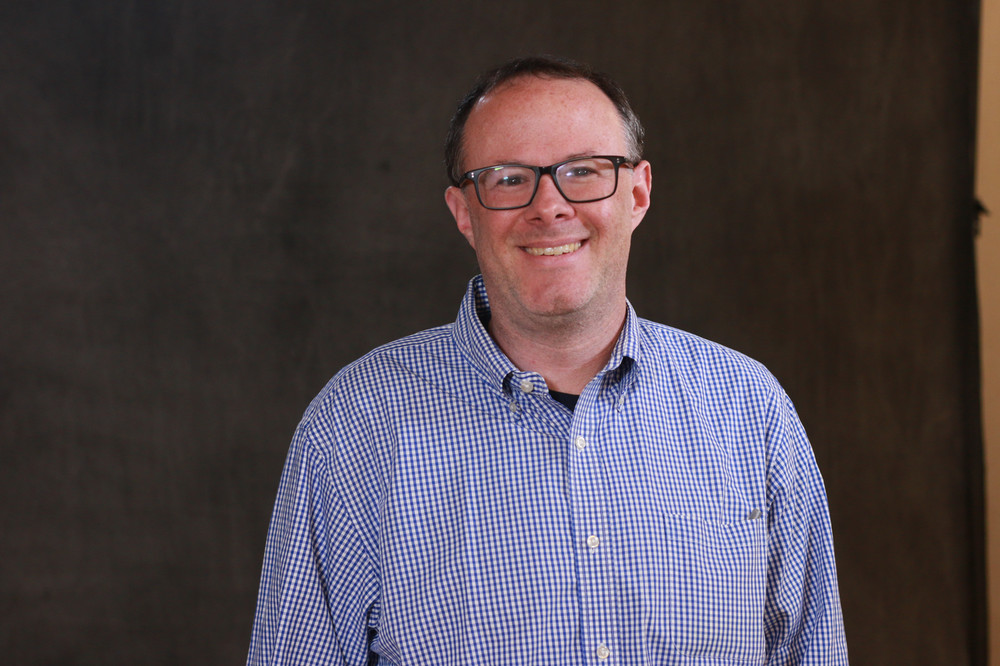2025 Dale Prize: AI in Urban Planning: Current and Future Applications
September 23, 2024
Press the tab key to view the content. Use the down arrow key to move to the next tab and up arrow key to move to the previous.

The Dale Prize recognizes planning excellence, creates dialogue between scholars and practitioners, and enriches the education of planning students. The Dale Prize is awarded in pairs: a $5,000 award to a scholar and a $5,000 award to a practitioner. Awardees spend two days meeting with students in classes and participate in a colloquium and other events.
The 2025 theme is AI in Urban Planning
The 2025 Dale Prize Colloquium is open to the public, and will be offered by Zoom. We invite all to the Dale Prize Colloquium, 6:00 p.m.-7:30 p.m. (PST) on Tuesday, March 4th. Login to Zoom Webinar.
Artificial Intelligence (AI) represents an emerging tool in the field of urban planning. As we confront the environmental and social challenges of the 21st century, the integration of AI into urban planning practices offers unprecedented opportunities to create resilient, equitable and sustainable urban environments. The theme for this year’s award emphasizes the transformative potential of AI in urban planning.
Urban planners have long sought innovative solutions to address complex place-based issues, where AI provides a powerful means to achieve these goals. AI's ability to analyze vast datasets, model intricate systems, and predict future scenarios enables planners to make informed decisions that promote environmental stewardship and social equity. Beyond its technical capabilities, AI, if ethically applied, has the potential to play a key role in facilitating the planning process, offering new ways to include historically marginalized communities in shaping their urban futures. The application of AI in urban planning goes beyond mere efficiency. It has the potential to foster inclusivity, transparency, and innovation in the planning process.
This year, we celebrate the intersection of AI and urban planning, recognizing those who harness the power of AI for the public good to advance sustainable environments. Moreover, this theme acknowledges the evolving role of AI as an indispensable partner in urban planning with the potential to shape the cities of tomorrow in a positive manner.
Overall, we are seeking a practitioner and scholar working in the intersections of AI and urban planning, emphasizing innovative methods and AI techniques to address environmental and social challenges. This includes environmental and social challenges, such as climate change and climate-driven disasters, sustainability, environmental hazards, ecological change, environmental health, population change and migration, food (in)security, development and related issues. Candidates should have experience with cutting-edge methods, including but not limited to: spatial analysis, (spatial big data) data mining, machine learning, deep learning for image or text analysis, causal inference, data-driven discovery, planning visualization, scalable computing, and cloud-based remote sensing. We are interested in scholars and practitioners engaged with computational techniques or analyses of algorithmic bias and theories and practices to advance the emerging field of AI in urban planning such as field work, planning outcome evaluation, community engagement, knowledge transition, and decision-making.
2025 Dale Prize: AI in Urban Planning: Current and Future Applications
The Department of Urban and Regional Planning at Cal Poly Pomona seeks nominations for the 2025 William R. and June Dale Prize for Excellence in Urban and Regional Planning.
The Dale Prize seeks a scholar and a practitioner in the intersection of AI and urban planning, recognizing those who harness the power of AI for the public good to advance sustainable environments. Dale Prize events will be held March 4 - March 6, 2025.
Nominations are due on December 6, 2024.
Nominations Procedure
The prize winners will be selected based on:
- Evidence of substantial knowledge contribution to the field. This includes but is not limited to the quality and quantity of research, research/practice collaborations, impact on the field, and peer recognition.
- Applicability to the theme, AI in Urban Planning
- Potential for linking research results to planning theory (scholar).
- Engagement in placemaking/placekeeping, visioning, or other planning activities centered on neighborhood social mobility and equity. (practitioner).
The package may be submitted in digital format by email or through a file sharing service. Self-nomination is accepted.
The package should include the following:
Nomination of Scholars
- Nominating Cover Letter
- Name and current affiliation and description of nominee’s contribution to the field
- Narrative justifying the nomination (3 page maximum)
- Nominee’s Curriculum Vitae
- Description and examples of research, publications and/or other contributions to the field. This can include links to internet sites where research or publications can be reviewed.
- Contact information for the nominator
- Contact information for the nominee
- Approval by nominee of the nomination, including a commitment to be available in person for the full days of March 4-March 6, 2025.
Nomination of Practitioners
- Nominating Cover Letter
- Name and current affiliation and description of nominee’s contribution to the field
- Narrative justifying the nomination (3 page maximum)
- Resume/Curriculum Vitae/Portfolio
- Description and examples of projects, programs, experience and other contributions to the field. This can include links top internet sites where installations or other outputs can be reviewed.
- Contact information for the nominator
- Contact information for the nominee
- Approval by nominee of the nomination, including a commitment to be available in person for the full days of March 4-March 6, 2025.
Submittals should be electronically sent to: urpdept@cpp.edu. Please put 2025 Dale Prize Nomination in the subject line.
Contact
If you have additional questions, please contact:
Dr. Do Kim
dohyungkim@cpp.edu
(909) 869-4645
The Department of Urban and Regional Planning at Cal Poly Pomona is pleased to announce the winners of the 2025 William R. and June Dale Prize for Excellence in Urban and Regional Planning. Dr. Justin Hollander, Professor of Urban and Environmental Policy and Planning at Tufts University, has won the Scholar Prize. Dr. Mariela Alfonzo, founder and CEO of State of Place, has won the Practitioner Prize.
Practitioner Winner
Dr. Mariela Alfonzo
Founder and CEO of State of Place
 Dr. Alfonzo is the founder and CEO of State of Place, a platform that epitomizes her dedication to data-driven placemaking and equity. Her visionary work in this space has set a new standard for incorporating advanced technology, including artificial intelligence, into planning processes to foster equitable, sustainable, and livable communities. By leveraging AI to analyze built environment features and predict their social, economic, and environmental impacts, State of Place provides evidence-based urban design recommendations. This tool empowers cities to optimize health, safety, resilience, and equity outcomes while enabling real-time scenario testing to inform decision-making. Her work showcases how innovative technology can transform urban planning, address systemic challenges, and improve the quality of life for underserved communities. By integrating AI and machine learning into urban systems analysis, State of Place’s AI models extract data from digital street-level images which is then aggregated into an index in the State of Place software. The resulting forecasting models tie the index to social, health, environmental, and economic outcomes.
Dr. Alfonzo is the founder and CEO of State of Place, a platform that epitomizes her dedication to data-driven placemaking and equity. Her visionary work in this space has set a new standard for incorporating advanced technology, including artificial intelligence, into planning processes to foster equitable, sustainable, and livable communities. By leveraging AI to analyze built environment features and predict their social, economic, and environmental impacts, State of Place provides evidence-based urban design recommendations. This tool empowers cities to optimize health, safety, resilience, and equity outcomes while enabling real-time scenario testing to inform decision-making. Her work showcases how innovative technology can transform urban planning, address systemic challenges, and improve the quality of life for underserved communities. By integrating AI and machine learning into urban systems analysis, State of Place’s AI models extract data from digital street-level images which is then aggregated into an index in the State of Place software. The resulting forecasting models tie the index to social, health, environmental, and economic outcomes.
Scholar Prize Winner
Dr. Justin Hollander
Professor of Urban and Environmental Policy and Planning at Tufts University
 Justin Hollander, Ph.D. FAICP is a Professor of Urban and Environmental Policy and Planning at Tufts University. He is an Editor-in-Chief of the Journal of Planning Education and Research and serves on the editorial boards of four other scholarly journals. Dr. Hollander worked for almost a decade in land use and environmental planning at the local, regional, and federal levels, most recently for the Public Buildings Service of the U.S. General Services Administration as a Presidential Management Fellow. He is a globally recognized intellectual leader in AI in Urban Planning. He and his team in the Urban Attitudes Lab at Tufts University have led numerous groundbreaking research projects and published their findings extensively in the academic, professional, and public press. Prof. Hollander studies how cities and regions manage physical change during periods of growth and decline and the cognitive, health, and social dimensions of community wellbeing. His primary focus is in using AI and other tools to understand how planners can better manage urban community change. Dr. Hollander's research has been supported through grants from the U.S. Department of State, Urban Land Institute, the Lincoln Institute of Land Policy, the Government of Canada, Government of Quebec, City of New York, Abell Foundation, 1772 Foundation, and the Appraisers Research Foundation.
Justin Hollander, Ph.D. FAICP is a Professor of Urban and Environmental Policy and Planning at Tufts University. He is an Editor-in-Chief of the Journal of Planning Education and Research and serves on the editorial boards of four other scholarly journals. Dr. Hollander worked for almost a decade in land use and environmental planning at the local, regional, and federal levels, most recently for the Public Buildings Service of the U.S. General Services Administration as a Presidential Management Fellow. He is a globally recognized intellectual leader in AI in Urban Planning. He and his team in the Urban Attitudes Lab at Tufts University have led numerous groundbreaking research projects and published their findings extensively in the academic, professional, and public press. Prof. Hollander studies how cities and regions manage physical change during periods of growth and decline and the cognitive, health, and social dimensions of community wellbeing. His primary focus is in using AI and other tools to understand how planners can better manage urban community change. Dr. Hollander's research has been supported through grants from the U.S. Department of State, Urban Land Institute, the Lincoln Institute of Land Policy, the Government of Canada, Government of Quebec, City of New York, Abell Foundation, 1772 Foundation, and the Appraisers Research Foundation.